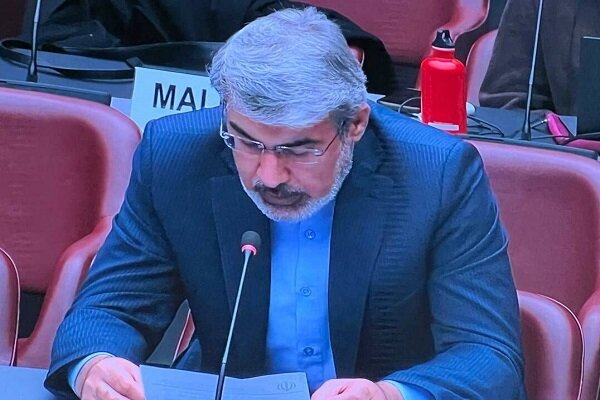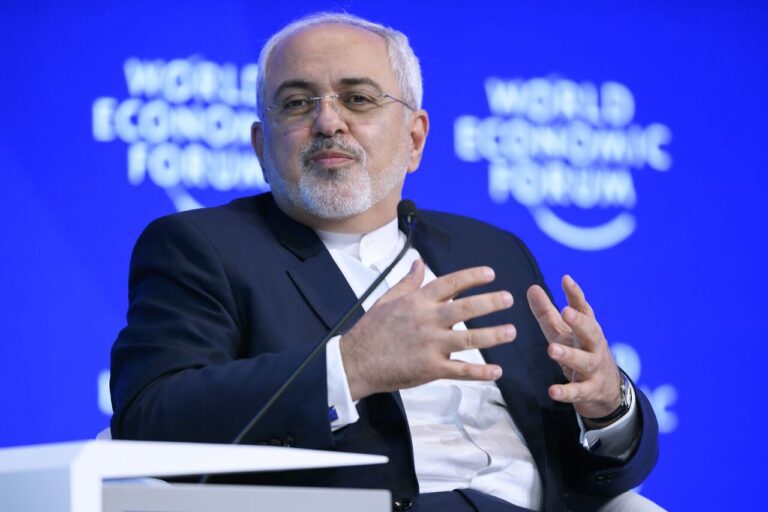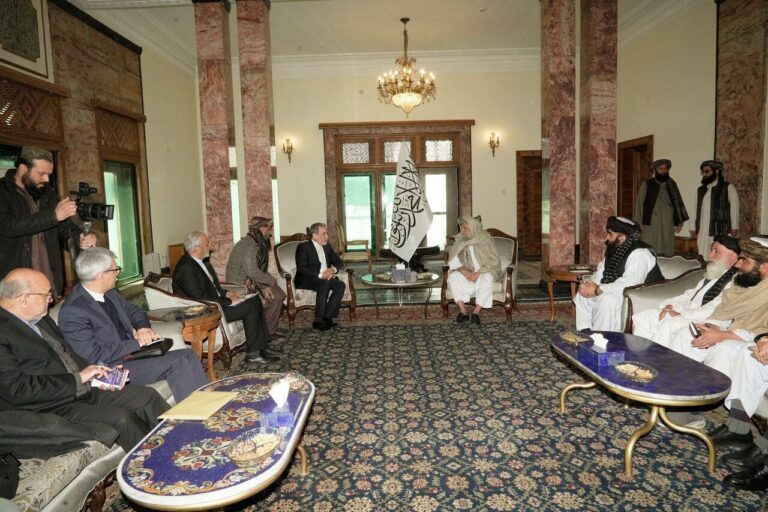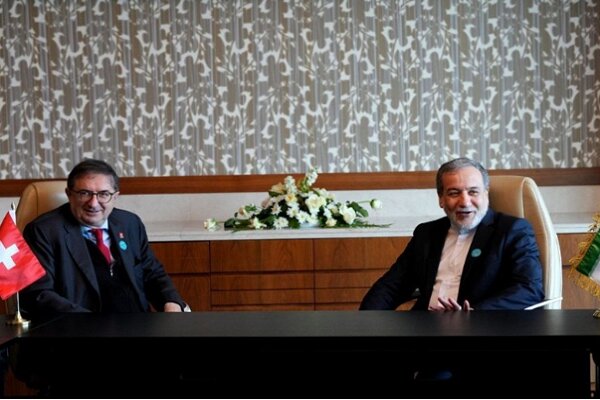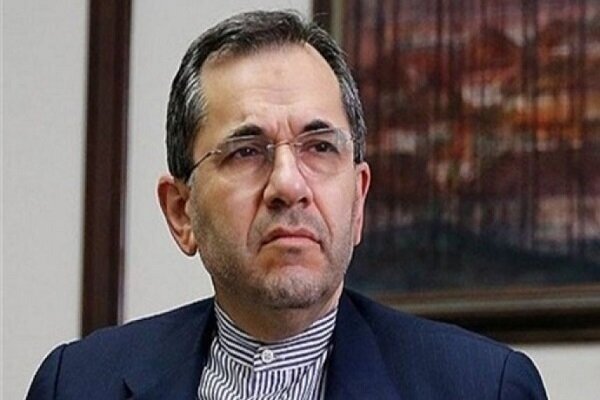Iran Condemns Rising Islamophobia in the West: A Call for Unity and Understanding
In recent discussions surrounding the growing issue of Islamophobia, Ali Bahreini, Iran’s Ambassador and Permanent Representative to the United Nations Office in Geneva, has voiced strong critiques of its escalating prevalence in Western nations. On Tuesday, during a ceremony commemorating the International Day to Combat Islamophobia, Bahreini articulated his concerns regarding this pressing social issue.
During his address, he defined Islamophobia as “an irrational and unjustified fear of the presence and expansion of Islam in predominantly non-Muslim societies.” This definition underscores the irrational nature of the fear that fuels discrimination and hostility towards Muslims.
Bahreini elaborated on the effects of Islamophobia, stating that it has led to significant societal issues, including:
- Discrimination: Muslims often face unfair treatment in various sectors of life.
- Exclusion: Many are excluded from social, political, and civil participation.
- Harassment: Verbal and physical harassment against Muslims is on the rise.
Moreover, the Iranian envoy expressed particular concern regarding the widespread nature of hate speech in Western countries. He highlighted the alarming trend of using modern technologies and media platforms to propagate Islamophobic sentiments. This utilization of digital platforms amplifies the negative stereotypes directed towards Muslims, further entrenching the divide between communities.
Bahreini emphasized that Islamophobia is not merely an individual issue but a societal concern that affects the fabric of communities. He called for a unified global effort to combat this form of discrimination, urging nations to recognize the detrimental impacts of hate speech and to take decisive actions against it.
In his speech, Bahreini noted that the rise of Islamophobia is not only detrimental to Muslim communities but also poses a threat to social cohesion and peaceful coexistence among diverse populations. He stressed that addressing this issue requires comprehensive education and awareness initiatives aimed at dismantling stereotypes and fostering mutual respect.
Key points from Bahreini’s address include:
- Recognition of the Problem: Acknowledging the existence and impact of Islamophobia is crucial for any effective response.
- Education and Awareness: Initiatives that promote understanding and respect for Islamic beliefs and practices are essential.
- Policy Changes: Governments must implement policies that protect Muslims from discrimination and violence.
- Community Engagement: Encouraging dialogue among different faiths can help bridge gaps and reduce tensions.
Bahreini’s remarks come at a time when the world is witnessing an alarming rise in hate crimes against Muslims. The increase in Islamophobic incidents, fueled by political rhetoric and media portrayals, highlights the urgent need for collective action. By fostering an environment of understanding and respect, societies can work towards eradicating Islamophobia and promoting inclusivity.
In conclusion, the fight against Islamophobia is a crucial component in the broader struggle for human rights and equality. As highlighted by Bahreini, it is essential for individuals, communities, and governments to unite against this form of discrimination. By doing so, we can pave the way for a future where diversity is celebrated, and all individuals can coexist peacefully, regardless of their religious beliefs.
As the world continues to grapple with this significant issue, the call to action from leaders like Ali Bahreini serves as a reminder of the ongoing struggle against intolerance and discrimination. It is imperative that we listen, engage, and act to create a more inclusive society for everyone.
